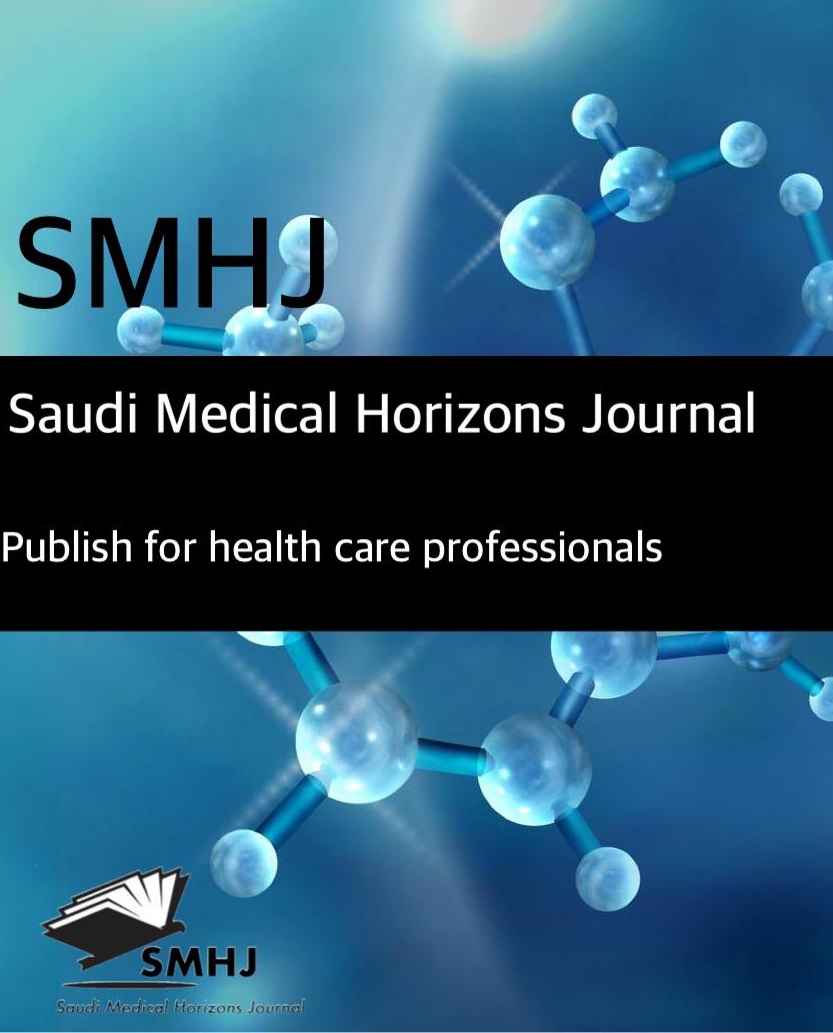The Impact of WFH on Eating Habits
DOI:
https://doi.org/10.54293/smhj.v4i2.102Keywords:
Work from home, Eating habits, Saudi Arabia, Faculty members, COVID-19, Food quality, Food quantity, Pandemic, Remote working.Abstract
Background: In light of the ongoing COVID-19 pandemic, working environments globally adopted work-from-home practices, including in the higher education sector in Saudi Arabia. The shift changed the dietary habits, affecting everyone's life, including faculty staff.
Purpose: To study the association between working from home during the COVID-19 pandemic and eating habits among PNU faculty members in Saudi Arabia.
Methods: A cross-sectional study was conducted by distributing a validated survey to the faculty members at Princess Nourah University in Saudi Arabia. Chi-square test, McNemar test, and paired sample t-test were performed to compare the quality and quantity of consumed food and the associations between eating habits and working from the office or from home. A p-value <0.05 was considered statistically significant.
Results: A total of 303 faculty members completed the questionnaire. Key results showed that 32% and 18% reported significantly healthier eating habits (P<0.001), 47% and 28% ate home-cooked meals (p<0.001), and there was no difference in the quality of food scores (12.85+2.66 and 12.77+2.65) for working from home and the office respectively.
Conclusion: A shift in dietary habits among university faculty members in Saudi Arabia was noted due to the changes in working patterns from an office-based system to working from home and back. These changes were mostly positive for those working from home.
Downloads
Published
How to Cite
Issue
Section
License
Copyright (c) 2024 Saudi Medical Horizons Journal

This work is licensed under a Creative Commons Attribution 4.0 International License.



